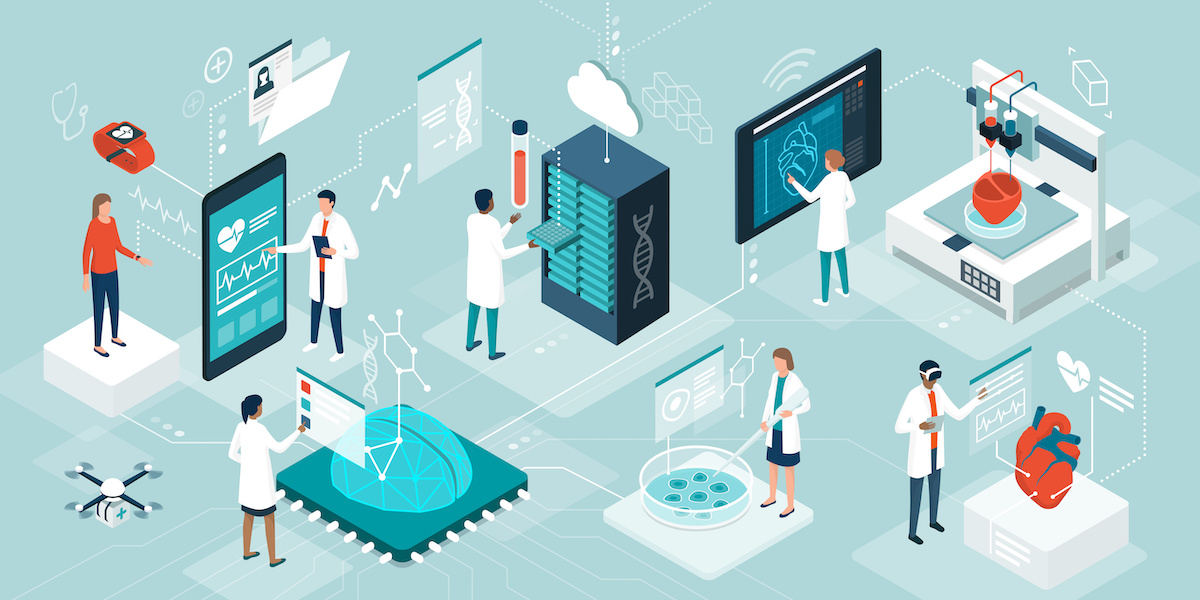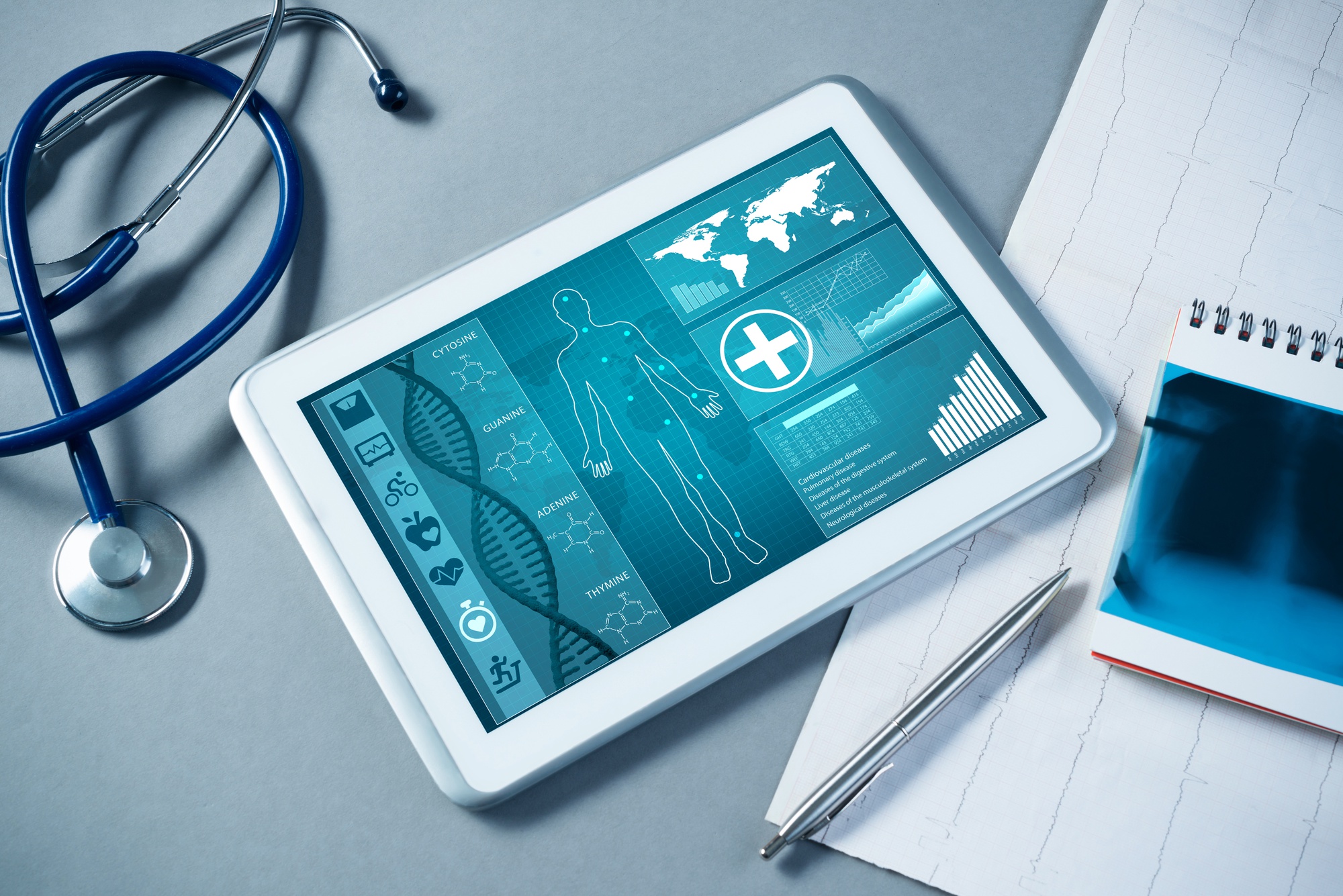The landscape of healthcare has undergone a remarkable transformation over the years, driven by technological advancements, shifting demographics, and changing societal expectations. The evolution of modern healthcare is characterized by a multitude of trends and innovations that have reshaped how we approach and deliver healthcare services.
One of the most prominent trends in modern healthcare is the integration of technology into various aspects of medical care. Telemedicine, for example, has emerged as a game-changer, enabling patients to consult with healthcare providers remotely. This has proven particularly valuable in rural or underserved areas where access to healthcare facilities may be limited. Telemedicine not only enhances accessibility but also contributes to more timely interventions and cost-effective healthcare delivery.
Another significant trend is the use of big data and analytics in healthcare. The vast amount of health-related data generated daily, ranging from electronic health records to wearable device metrics, provides a treasure trove of information. Through advanced analytics, healthcare professionals can derive meaningful insights, identify patterns, and make data-driven decisions. This approach enhances personalized medicine, allowing for tailored treatment plans based on an individual’s unique health profile.
Innovations in medical devices and treatments have also played a pivotal role in the evolution of healthcare. Robotics, for instance, is increasingly being utilized in surgeries, offering precision and minimally invasive procedures. The development of gene therapies and immunotherapies represents groundbreaking advancements in the treatment of various diseases, including certain types of cancer. These innovations not only improve patient outcomes but also contribute to the ongoing quest for more effective and targeted medical interventions.
Patient empowerment is another key trend in modern healthcare. Patients are now more informed and engaged in their healthcare decisions, thanks to the wealth of information available online and the emphasis on shared decision-making between patients and healthcare providers. This shift towards patient-centered care fosters a more collaborative approach to health management, ultimately leading to better adherence to treatment plans and improved overall well-being.
Despite these positive trends, the evolution of modern healthcare also presents its share of challenges. One major obstacle is the rising cost of healthcare services. As technological innovations and medical breakthroughs continue to drive up expenses, there is a growing need to address the affordability and accessibility of healthcare. Striking a balance between advancing medical science and ensuring equitable access to care remains a complex challenge for healthcare systems worldwide.
Interoperability issues within healthcare systems pose another challenge. The seamless exchange of patient information between different healthcare providers and systems is essential for coordinated and efficient care. However, achieving interoperability has proven challenging due to varying standards, data security concerns, and the complexity of integrating diverse healthcare IT systems.
Ethical considerations surrounding the use of emerging technologies, such as artificial intelligence in diagnostics and treatment planning, also present challenges. Ensuring that these technologies are used responsibly, ethically, and with consideration for patient privacy is crucial. Striking the right balance between innovation and ethical considerations is an ongoing concern in the ever-evolving landscape of modern healthcare.
Despite these challenges, the evolution of modern healthcare brings forth numerous opportunities for improvement. The emphasis on preventive care, facilitated by data analytics and personalized medicine, has the potential to reduce the burden on healthcare systems by addressing issues proactively. Collaborative efforts between the public and private sectors, as well as international cooperation, can contribute to the development and dissemination of cost-effective healthcare solutions.
In conclusion, the evolution of modern healthcare is marked by a dynamic interplay of trends and innovations. From the integration of technology to patient empowerment and groundbreaking medical treatments, the landscape of healthcare is continuously evolving. While challenges such as rising costs and interoperability issues persist, the opportunities for improvement and enhanced patient outcomes are equally abundant. Striking a balance between embracing innovation and addressing challenges is key to shaping a healthcare future that is accessible, effective, and patient-centered.



